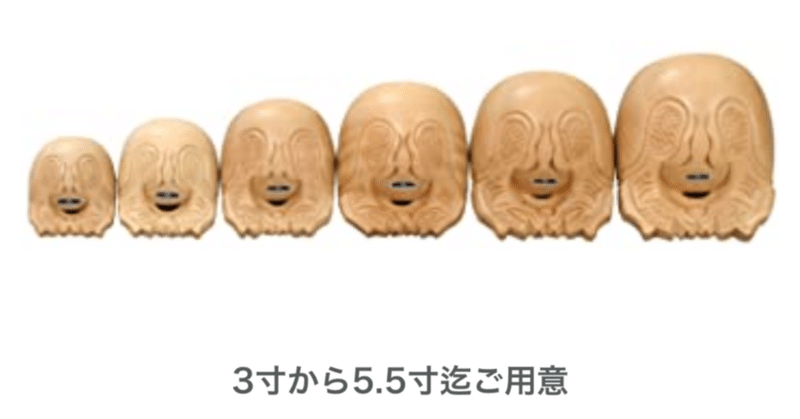
アラサーテレビディレクターの英語日記
月1の英会話は楽しいけど、スキルアップには繋がらないな〜
かといって、がっつり英会話教室に通うお金と時間はないんだよな〜
実は 誰に見せるでもなく書き綴ってきた英語日記があるんだけど、絶対これ文法間違ってるよな〜
っていうかもっとnote書きたいんだよな〜
という悩みを一気に解決すべく、IDIYを始めました。
時間があるときにさくっと書いて、ネイティブに添削してもらってます。
「添削」といっても文法やスペルのミスを訂正するくらいで、自分が書いた文体の骨子を変えずに直してくれるのが良い。(大幅に直されるとへこむので)
内容に対して意見が返ってくるのも、文通っぽくていい。
せっかく一生懸命書いたのに、先生しか読んでくれないの寂しいから以下コピペ。
ラブリーな英語が喋れるようになりたいなぁ
My introduction
Nice to meet you. Let me introduce myself, as this is my first note.
I am 30 years old, and work as a TV director in Tokyo.
I haven’t learned English seriously until now, but recently I’ve been thinking about learning to be able to talk with people from overseas. The reason why I want to improve my English skills is because of my job.
The main work I do is to make human documentaries, so sometimes I have to interview others including foreigners. These are not just Q-and-A-sessions but conversations like the ones you would have with a friend. Before starting an interview, I talk much about myself to let them open up and to build trust. Then they start telling me their personal feelings or stories. So, the English skills I want are not about getting a good score in TOEIC or TOEFL, nor about reaching a native level. I need just the skills to listen to and talk with foreigners like a friend would. Of course, I can hire a translator but I don’t like that so much. The time lag between translations disrupts the natural rhythm of conversation.
Last year, I filmed an American boy who works in Tokyo. He is very good at Japanese but I wanted to do an interview with him because the program was going to be aired on an international channel. So we decided to do an interview by me asking him in Japanese and him answering in English. It worked at first. But sometimes he answered in English rather mechanically. We filmed again and again because of such an irregular conversation style. I was sorry for him and regretted my lack of skills. This is one example, and there have been many similar experiences.
Now, the pandemic situation is changing, and our crew is going to be allowed to go overseas. Next time I do so, I want to do interviews myself.
I hate Typhoons
Japan has several national holidays in the second half of September, and people plan long trips at this time. However, September is also during the season when most typhoons occur.
There were two typhoons last weekend. My friend and I had to cancel a trip to Mt Fuji. I also couldn’t go dating, and my boyfriend and I had a fight about that. During the worst of the typhoon, the windows of my apartment, which I just had cleaned a few weeks ago, got dirty from the heavy rain.
Many serious disasters like earthquakes, tsunamis, and eruptions often happen in Japan. We have known that humans can’t control nature since ancient times. We have accepted and borne these unfortunate disasters by believing there’re gods everywhere in nature, for example, mountain gods, sea gods, and river gods.
Even so, I feel this year’s typhoon god was too unkind to us.
Japanese phenomenon of migration
Now, I’m making documentaries about “migration”. In the Japanese language, moving for business or marriage is just called “moving”, but in the case of moving to change one’s lifestyle, it is called “migration”.
Recently, the youth in Tokyo have been migrating to the countryside. It is said that the pandemic has caused this phenomenon. People have become afraid of crowded places like trains, and online working has made us realize that we don’t need to live near the companies we work for.
The migrants I have met look happy and relaxed because they have been released from their nervous lives in the cities. Through this job, I’m likely to migrate like them.
About tap water
Do you drink tap water?
You can drink safe and great-tasting water from every tap in Japan, because all municipalities have plants to treat raw water from rivers or lakes. So, almost all Japanese, including me, use tap water daily. Only rich people would want to feel special by buying bottled water or by using water dispensers.
One day, a friend of mine came to my apartment. When I started cooking soup using tap water, he didn’t like it. He told me he is a little fearful of using water. I ask why and he shared his story.
He is from Fukushima Prefecture. He was seventeen when the 2011 Tohoku earthquake and tsunami hit the region. His family was forced to stay in a shelter for several months. One rumor started to spread that the tap water in the prefecture might include contaminated water from nuclear plants damaged by the tsunami. It soon turned out to be just a baseless rumor. But he has avoided tap water ever since. He has become skeptical because no one can see what is in it. I completely understood how he feels about all this.
Now, I buy bottled water whenever friends stop by.
Japan and China
On this day, September 29th, 50 years ago, Japan and China started a relationship again after many incidents of warring with each other. As you know, there are very complicated feelings and long history between our two countries. Sometimes, we had shared part of our culture, for example, Kanji. Other times, we hated each other.
There are several Chinese in my company. Of course, all of them love Japan, studied the language hard, and immigrated to work here. However, even they can’t accept Japanese culture 100%. For example, they like the Japanese humble mind, but they're also irritated by the Japanese too indirect communication style.
I think that ambivalent feeling is very important. If all foreigners fit into the country’s ways without wondering, we would never notice the difference in culture. Knowing the difference makes us respect each other. Japan and China are close, but there are so many things we have to know about each other yet.
サムネはなぜかamazonのおすすめに出てきた木魚
この記事が気に入ったらサポートをしてみませんか?
